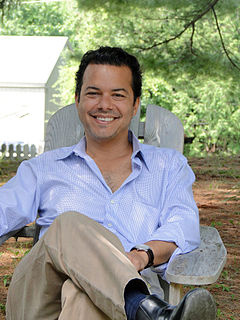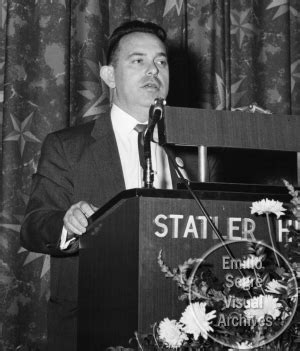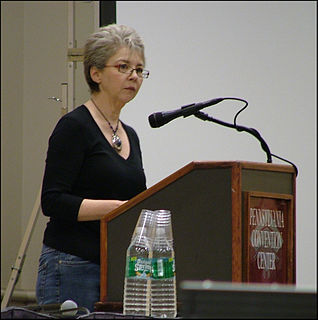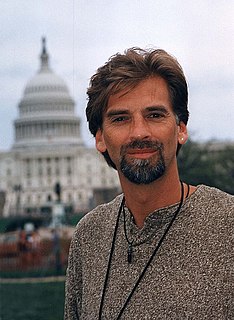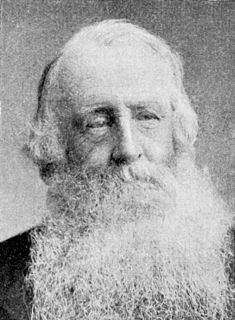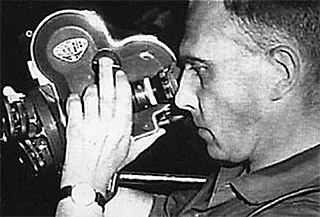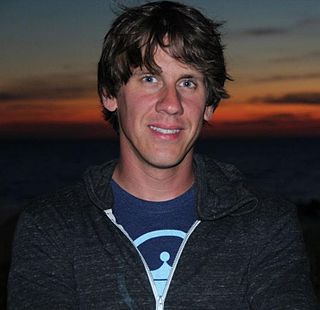A Quote by John Avlon
Politics is history in the present tense.
Quote Topics
Related Quotes
Try to find the real tense of the report you are reading: Was it done, is it being done, or is something to be done? Reports are now written in four tenses: past tense, present tense, future tense, and pretense. Watch for novel uses of CONGRAM (CONtractor GRAMmer), defined by the past imperfect, the present insufficient, and the future absolutely perfect.
Almost by definition, secularism cannot be a future: it's a present-tense culture that over time disconnects a society from cross-generational purpose. Which is why there are no examples of sustained atheist civilizations. "Atheistic humanism" became inhumanism in the hands of the Fascists and Communists and, in its less malign form in today's European Union, a kind of dehumamism in which a present-tense culture amuses itself to extinction. Post-Christian European culture is already post-cultural and, with its surging Muslim populations, will soon be post-European.
Some years ago, I read Thomas Carlyle's history of the French Revolution, and I was very taken by the way he told the story, and it seemed as though I was right in the middle of things. And it took me a while to figure out how he achieved that effect, and one of the ways was to write it in the present tense.
